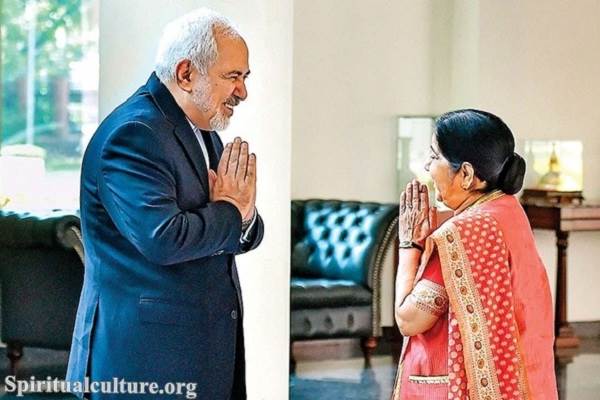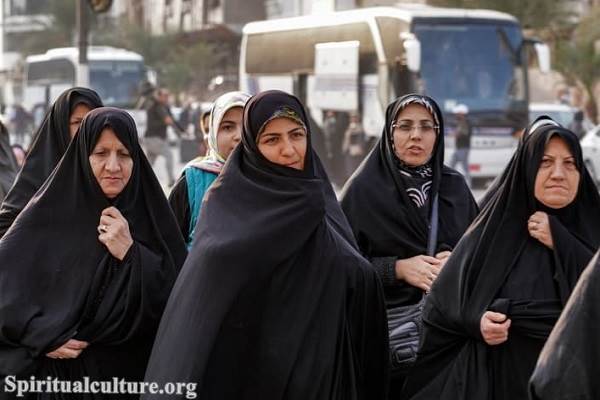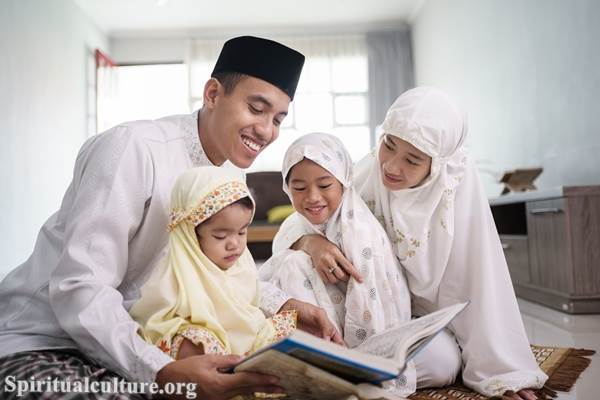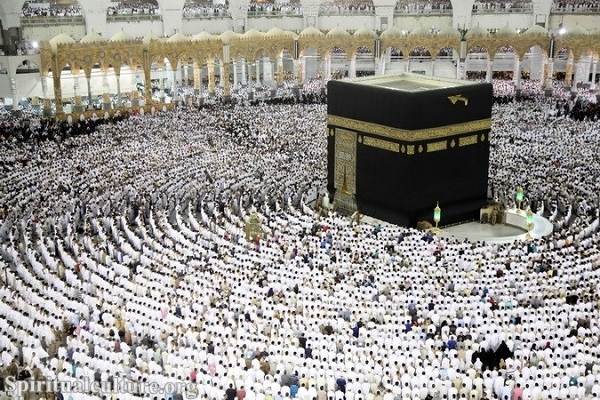The Day of Judgment — Yawm al-Qiyamah — is not just a future event in Islam. It is a powerful spiritual reality that casts its light (and shadow) over every day of a believer’s life. To live with the awareness that all actions will be weighed, that every soul will stand before its Creator, is to live consciously, humbly, and purposefully.
In this article, Spiritual Culture invites you into the heart of Islamic eschatology — not to theorize about apocalyptic events, but to understand how belief in the Last Day transforms character, conduct, and community. We will explore the core teachings of Islam about this Final Reckoning, how Muslims prepare inwardly and outwardly, and why this belief is not a source of fear, but of deep spiritual hope.
The Day of Judgment: A Central Pillar of Faith
Belief in the Last Day (Akhirah) in the Qur’an
One of the six pillars of faith in Islam is belief in the Last Day. It is mentioned repeatedly throughout the Qur’an — not only to forewarn of its coming, but to awaken the soul to accountability and eternity.
“Every soul will taste death, and you will only be given your [full] compensation on the Day of Resurrection.”
— Surah Al-Imran 3:185
The Qur’an describes this day as one of absolute justice, when no soul will be wronged, when secrets will be revealed, and when the ultimate truth of one’s life will be laid bare. It is the moment when mercy and judgment meet in the perfect balance of God’s will.
A Day Unlike Any Other
This day is described in vivid imagery: the skies torn, the earth flattened, the graves opened, the scales of deeds set. Yet, Muslims are reminded that these signs are not just meant to stir fear — they are divine signs to awaken heedlessness and call to repentance.
“The Day when there will be no shade but His shade…” (Hadith, Sahih al-Bukhari) — reminds us that what we build in this life (faith, prayer, charity) becomes our protection in the next.
Living with Accountability: How the Belief Shapes Daily Life
Constant Awareness of Allah (Taqwa)
The belief in the Day of Judgment cultivates taqwa — God-consciousness. It invites Muslims to live with inner accountability, not only fearing divine retribution but desiring divine nearness.
Whether in public or private, the believer asks:
“Is this pleasing to Allah?”
“Will this act weigh for me or against me?”
Daily Deeds as Eternal Investments
Every deed — no matter how small — is recorded. From a kind word to an act of charity, from withholding harm to offering a smile, each action has weight:
“Whoever does an atom’s weight of good will see it, and whoever does an atom’s weight of evil will see it.”
— Surah Az-Zalzalah 99:7–8
This belief turns ordinary life into sacred opportunity. Work becomes worship. Family life becomes a garden of patience and mercy. Struggles become pathways to reward.
The Book of Deeds and the Two Angels
Kiraman Katibin: The Recording Angels
Muslims believe that every person is accompanied by two angels — Raqib and Atid — who record all deeds, good and bad.
“Not a word does he utter but there is a watcher by him ready [to record it].”
— Surah Qaf 50:18
This awareness fosters inner discipline and mindfulness. The “Book of Deeds” that will be handed to every soul is not fiction — it is the autobiography of a life lived, written by the unseen, read aloud on the Day of Truth.
Acts of Worship That Prepare the Soul
Salah (Prayer): A Daily Return
The five daily prayers are not just ritual — they are a daily meeting with God, a rehearsal for the Final Meeting.
The Prophet Muhammad (peace be upon him) once said:
“The first matter that the servant will be brought to account for on the Day of Judgment is the prayer…”
— (Sunan Abu Dawud)
Thus, prayer is both a purification and a preparation — a reminder of the soul’s ultimate journey.
Sadaqah (Charity): Weighing the Scales with Mercy
Giving to the poor, supporting causes of goodness, and even small acts of kindness are considered sadaqah — voluntary charity.
“Charity extinguishes sin as water extinguishes fire.”
— (Tirmidhi)
Every act of generosity becomes a jewel on the scale, a mercy that might tip the balance in one’s favor.
Fasting and Self-Control
Fasting, especially during Ramadan, trains the soul in discipline, empathy, and detachment from ego.
“Fasting is for Me, and I will reward it.”
— Hadith Qudsi
This intimate link between God and the fasting believer becomes a spiritual reserve stored for the Day when rewards are unveiled.
Seeking Forgiveness: The Path Back to God
Tawbah (Repentance)
Muslims are encouraged to constantly return to God through sincere repentance. The door of forgiveness remains open — even until the final breaths — and sincere repentance can wipe away entire chapters of error.
“O My servants who have transgressed against themselves, do not despair of the mercy of Allah.”
— Surah Az-Zumar 39:53
Preparing for the Day of Judgment does not mean being perfect — it means being humble, returning, striving, and believing in God’s mercy.
The Role of the Prophet’s Intercession
Shafa’ah: The Hope in the Prophet’s Mercy
Muslims also believe in the intercession (shafa’ah) of the Prophet Muhammad (peace be upon him) on the Day of Judgment. While ultimate judgment belongs to God alone, the Prophet is granted the honor to intercede for certain people — especially those who sincerely followed his path.
“My intercession will be for those among my nation who committed major sins.”
— (Tirmidhi)
This belief reminds the Muslim heart that alongside divine justice stands divine mercy.
Signs of a Good Ending (Husn al-Khatimah)
A Life That Ends in Faith
Many Muslims pray not only for a long life, but for a blessed ending — to die with the words “La ilaha illa Allah” (There is no god but Allah) on the tongue.
Signs of a good ending are believed to include:
- Dying with pure intention
- Dying during worship
- Dying while serving others or on the path of righteousness
Such an ending is seen as a beautiful prelude to what awaits in the Hereafter.
Preparing the Soul Beyond the Rituals
Ihsan: Worshipping God as Though You See Him
The Prophet defined ihsan as:
“To worship Allah as if you see Him, and if you cannot achieve this state of devotion, then (know that) He sees you.”
— (Sahih Muslim)
This inner excellence — a heart oriented toward beauty, awareness, and presence — is the soul’s truest preparation. Beyond deeds and doctrines, it is the soul’s gaze that matters.
What About Fear?
Balancing Fear with Hope
The fear of the Day of Judgment is not meant to paralyze. Rather, it is a compass that points toward what matters most. Islam teaches a balance between hope and fear — both wings needed to fly toward God.
A believer walks through life with:
- Fear of falling (accountability)
- Hope of rising (mercy)
- Love for God (the motivation behind it all)
Reflect and Reimagine
The Day of Judgment is not meant to be a looming threat — but a clarifying light. It reminds every soul that life is sacred, choices are meaningful, and the soul is eternal.
If you’re reading this, it’s not too late. Whether Muslim or not, the call to prepare is universal — to live more truthfully, to seek what endures, to walk gently in the world knowing it is but a passage.
Spiritual Culture invites you:
Reflect on your deeds not with despair, but with resolve.
Reimagine your faith not as fear-driven, but as mercy-shaped.
Remember: the Day of Judgment is not the end — it is the beginning of Truth fully revealed.
Let every action today be a step toward a brighter eternal tomorrow.




